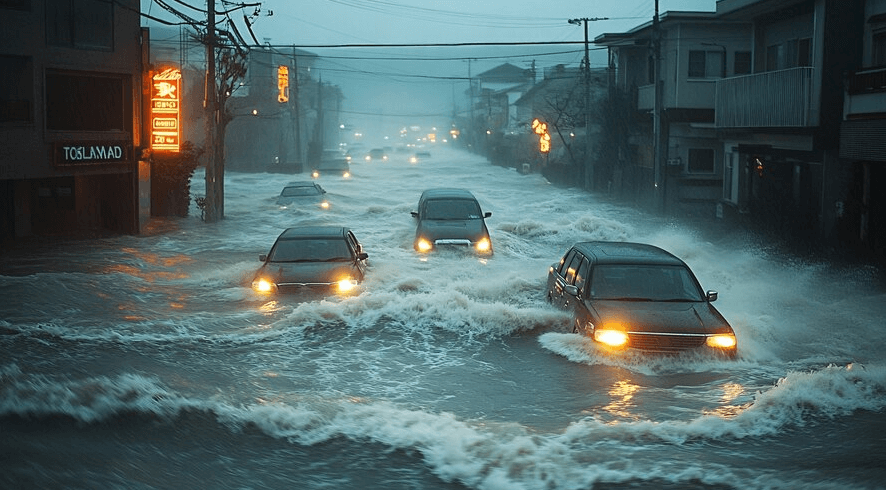Picking the Right Travel Insurance Policy
When it comes to traveling safely and avoiding hassles, having travel insurance should be at the top of your preparation list, my friend. But not all policies are made equal. You want one that has your back in case something goes wrong on your adventure away from home. Let’s talk about how to pick the right travel insurance for your needs.
The first thing to consider is what kind of trip you’ll be taking. Is it purely for leisure and exploring new destinations? Or will it involve some risky activities like snowboarding or scuba diving? Be sure to disclose these details when shopping for plans so you get coverage for potential mishaps.
Understanding the Types of Coverage
Travel insurance plans can range from basic to quite comprehensive. Here are some of the most common types of coverage to look for:
Medical Coverage – Whether it’s an illness abroad or an injury during an excursion, having health protection is a must. Look for policies that include doctor visits, hospital stays, prescriptions, and even medical evacuation if necessary.
Trip Cancellation – You don’t want to lose hundreds or thousands of dollars because an emergency prevents you from traveling. Trip cancellation coverage reimburses prepaid, non-refundable expenses if you have to call off your vacation.
Trip Interruption – Say you’re already on that dream trip when situations beyond your control force you to cut it short. This handy coverage kicks in to reimburse the prepaid portion of the disrupted part of your journey.
Baggage Protection – Lost luggage or getting things stolen can put a real damper on your adventures. Baggage coverage helps replace personal possessions if airlines or circumstances out of your hands cause them to disappear.
Comparing Plans and Prices
Now comes the fun part – taking what you learned about your travel priorities and comparing plans. I always start by checking plans from my existing insurance providers, like health, home, and auto. Bundle discounts can add up to big savings!
You can also compare plans on aggregator sites like SquareMouth and InsureMyTrip. Filter for your trip details and specific coverage needs to see pricing and policy options side-by-side. This makes it easy to find the best value.
As you compare plans, be sure to confirm:
- Deductible amount – Lower is better if you want more covered upfront
- Coverage limits – Higher limits provide more protection
- Extent of covered reasons – Does it include pandemics or insolvency?
- Exclusions – Pay attention to adventure sports, pre-existing conditions, etc
Selecting the right travel insurance gives me peace of mind no matter where my adventures take me. I hope these tips help you find a plan that does the same! Let me know if you have any other questions before your trip.
Securing Health Safety While Traveling
Alright, so you’ve got a solid travel insurance plan lined up. But don’t forget – the best adventures start with proactive health and safety precautions too!
Research Health and Vaccination Recommendations
The CDC is a great resource for checking suggested vaccines and health guidance for destinations in the US and abroad. For international travel, it’s important to do this research 4-6 weeks out from your trip because some vaccine series take time to complete.
If you’ll be spending time in rural or high-risk areas on your journey, speak to your doctor about medications to prevent illness. They can provide prescriptions and advice catered to your exact locations and activities.
Pack a Travel Health Kit
In addition to any medications you need for the trip, some essentials that should be in your carry-on bag include:
- Bandages and gauze
- Antibiotic and anti-itch creams
- Oral rehydration packets
- Electrolyte tablets
- Pain/fever relievers
- Motion sickness meds
- Probiotics
Basically, having a mini pharmacy on-hand prepares you for dealing with minor injuries or stomach issues. You’ll be ready to handle common mishaps!
Get Travel Medical and Evacuation Insurance
Remember, travel insurance is about way more than just trip cancellation! Medical and emergency evacuation coverage is actually the most important benefit for adventurers.
Let’s say you have a bad fall while hiking and break your leg. Not only would emergency medical coverage help pay for things like the hospital visit, surgery, and medications…but evacuation protection would also cover the expensive transport back home if necessary for follow-up care.
Using Common Sense Safeguards
While having the right insurance is crucial, don’t forget about general safe travel practices too. Apply common sense and take reasonable precautions, whether jet-setting domestically or off on an international adventure!
Research Your Destinations and Accommodations
Get insider knowledge by connecting with locals or expats in areas you’ll visit. They can provide travel tips and heads ups on unsafe zones to avoid.
When booking hotels or vacation rentals, pay attention to location and reviews noting safety concerns. Ask if there’s secure parking, alarm systems, and staff on-site 24/7 if those details matter to you.
Use Travel Tracking Apps and Services
Apps like GeoSure use crowdsourced data alerts to notify you about nearby risks. Other options like Upsie or Apple AirTags let you secretly track devices in case they’re lost or stolen. Enable location sharing with trusted friends and family too. That way your journeys can be monitored for extra assurance.
Choose Theft-Deterrent Luggage
Anti-theft bags feature slash-proof fabric, locking zippers, RFID blocking, and other features to keep your belongings secure. Pack valuables in inconspicuous containers too – I’ve heard of people hiding expensive jewelry inside mundane items like shampoo bottles!
Trusting Your Intuition
While preparing logistically is important, don’t ignore inner red flags either. If a situation doesn’t feel right, trust your gut and remove yourself. Don’t feel pressured to push personal boundaries or take unnecessary chances in unfamiliar environments. Listen to that little inner voice – it’s there to keep you safe and secure!
Alright my friend, we’ve covered a whole lot of ground when it comes to minimizing risks before, during and after your travels. Let me know if any other questions come up! Wishing you smooth journeys ahead.






Leave a Reply